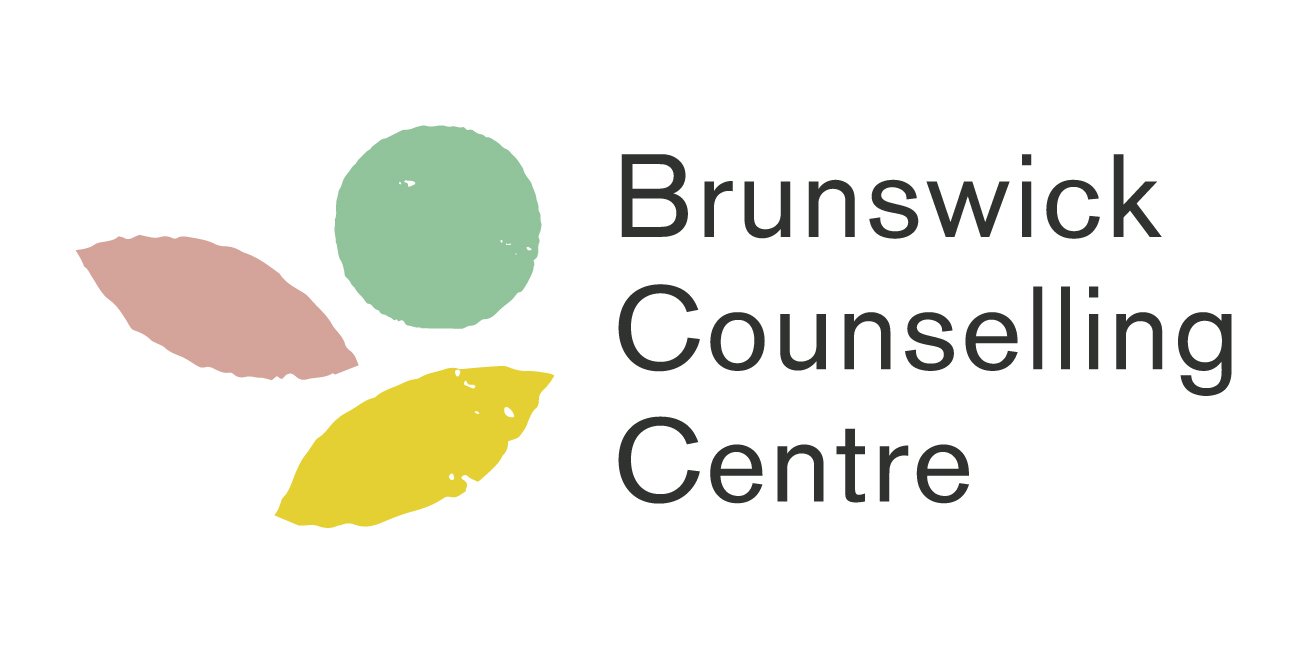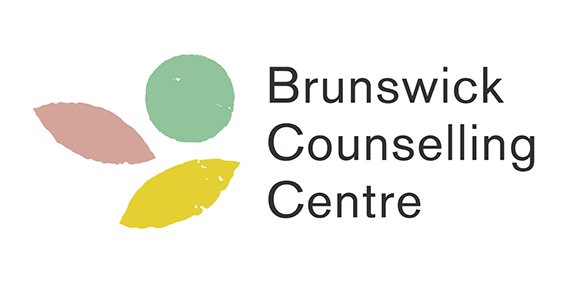
Couples therapist
By Jayne Dales-Tibbott
Having recently written about “How to find a Therapist”, it feels equally important to offer support to couples seeking the same. It can take a lot of courage to seek relationship support and once again, at a time when help is needed, it can feel like a minefield trying to find the right therapist for you. Of course the added dynamic here is that you are not only searching as an individual for yourself, but there are two people and a struggling relationship to consider. You are therefore not seeking a therapist to work on a one to one basis, but an experienced, impartial “facilitator” to focus on the relationship that has been uniquely co-created. That established, there is still the therapeutic jargon to negotiate. Are you looking for “marriage guidance”, “couples therapy”, “relate”, “relationship counselling” or “relationship psychotherapy”…and what is the difference?
By outlining a few initial steps to consider together therefore, I hope to alleviate the need to decipher such terms, enabling you to find the right help in a more informed way.
Firstly, please know that seeking professional relationship support is not a sign of failure. All too often, couples seek support as a last resort. They allow the relationship to become so damaged before looking for outside help. As a couples therapist myself, experience shows me over and over just how difficult it is to maintain a healthy, happy relationship. The challenges are enormous. Into each relationship we bring our own personal history that joins together with that of our partner, we negotiate life stages and changes whilst striving to survive financially, practically and emotionally and I have not even mentioned children, bereavement, trust, traumatic events and the unpredictable and sometimes unwelcome events that life throws our way from time to time! Not easy!!! So seeking professional, confidential support with an experienced, impartial someone can be extremely helpful and impactful. A third person (or persons) who can stand outside of the relationship and focus in and bring insight to the issues that underpin your unique co-created relationship, helping you together to understand and ultimately effect change. Although often a painful process, this can also be a rewarding, nourishing, insightful gift to allow for your relationship.
It is important then that both parties consent to enter into this process. It is rarely helpful without the willingness and participation of both. This may be difficult at first, but the right therapist will understand and work with you together. Next consideration…….who is best going to suit you? A male, female or couple (some practices do work with two therapists to each couple). This may be a difficult decision and one upon which you cannot agree. It might be helpful to know that each therapist will be experienced differently by each of you and may touch into less rational feelings and issues. An experienced couples counsellor/psychotherapist will be aware of this and often it can make for insightful work. Also, when are you both able to attend? Couples work is different to individual, one to one therapy in that it is not always necessary to attend on an ongoing, weekly basis. Although this may often be the case (particularly in the early stages), a more flexible approach can be beneficial. Much work can be achieved in each session and it may require time and thought away from the therapy to process and work through this as a couple. Often, the process of relationship therapy works best when it is paced by you with the guidance of the couples counsellor.
So, all of that considered, it is now time to search! Where to begin? As with all talking therapies, there are many therapists and organisations from which to choose. Some have long waiting lists and some offer an initial assessment before being assigned a couples therapist. This may be the route that feels most comfortable for you. Alternatively, as fee paying clients, searching within private practice, there will also be many private practitioners who can offer an appointment within a few days and although there is inevitably a period of introduction, much helpful insight can be gained within the first session.
Whilst searching, check for qualifications and experience. Specific “couples” training is not always undertaken. Bear in mind, couples work is not the same as individual therapy and so initial trainings may not have addressed this difference on a theoretical level. “Couples” qualifications will have addressed this. Speak to a few therapists. Ask questions. What can you expect? How do they work? How do you feel about them?
Remember, even when you have made your choice and attended your first session, if it does not feel right, you can seek help elsewhere.
I hope this has been of help. I believe in the process of couples therapy (or whatever we choose to call it) and I have been honoured to share the benefits with many amazing people.
I wish you well with your search.
Jayne Dales-Tibbott
Psychotherapist/Clinical Supervisor
“Where there is ruin, there is hope for a treasure.”


